Poetry Corner: The Living Seed by Angela Tuckett
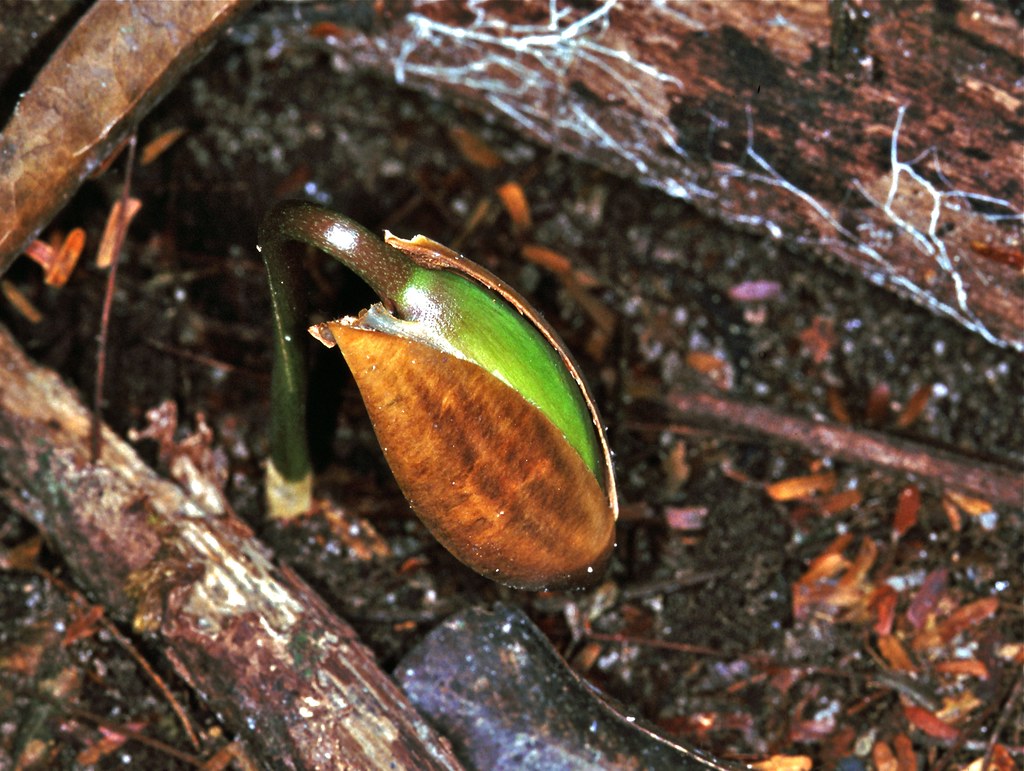
The Living Seed by Angela Tuckett
Born in Bristol, Angela Tuckett became involved in progressive politics from an early age. She supported the Welsh contingent to the 1931 Hunger March, the League of Progressive Writers and Bristol’s Unity Theatre. In 1940, as a solicitor, she took charge of the legal department of the National Council for Civil Liberties (now Liberty). She joined the staff of the Daily Worker in 1942, then worked on Labour Monthly from 1948 to 1978. She was a member of the editorial committee of the William Morris Society, and with her husband Ike Gradwell worked tirelessly to build up the Swindon branch of the Communist Party. This poem uses metaphor to illustrate what the struggle is all about.
Poetry Corner: She knows the Answer by Jane O’Donnell
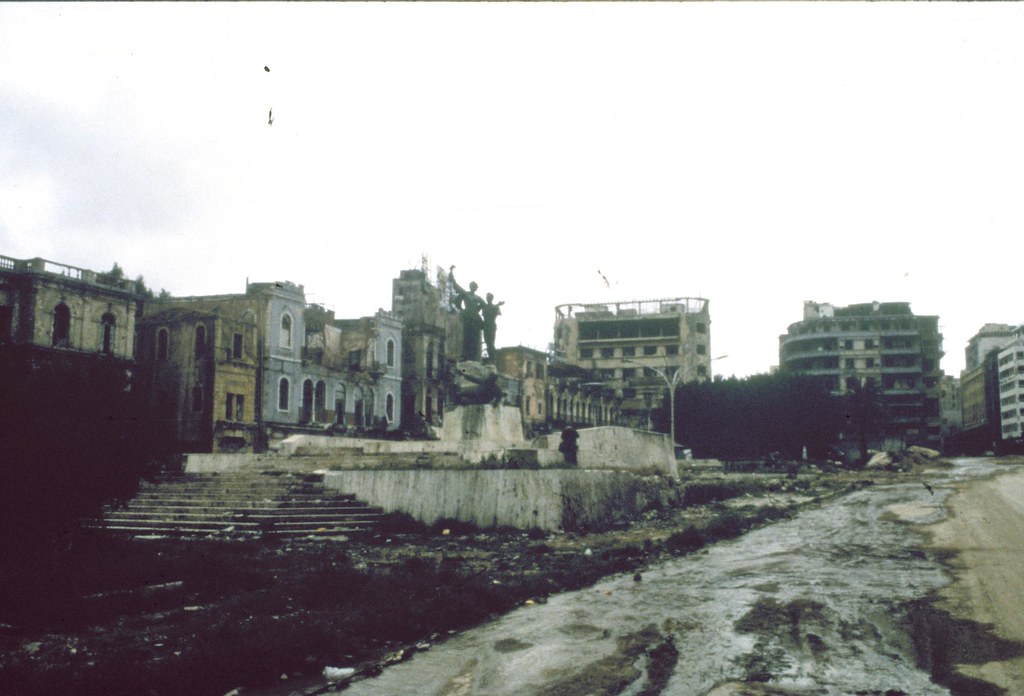
She knows the Answer, an original poem by Jane O’Donnell
Poetry Corner: Che Comandante by Nicolás Guillén

Che Comandante by Nicolás Guillén, 1967.
“Che Comandante,” by Nicolás Guillén (1902 – 1989), Cuba’s National Poet Laureate, read on that solemn evening of October 18, 1967, in Havana’s Plaza de la Revolución José Martí, shortly after Che’s death was announced to the world.The first verses were prophetic.
Over twenty years ago, Che’s remains were found where they had been hidden following his murder and were transferred to Cuba. Che was laid to rest, with six of his fellow combatants with military honors in a specially built mausoleum in the Cuban city of Santa Clara, where he had commanded over the decisive military victory of the Cuban Revolution.
Poetry Corner: Our March by Vladimir Mayakovsky
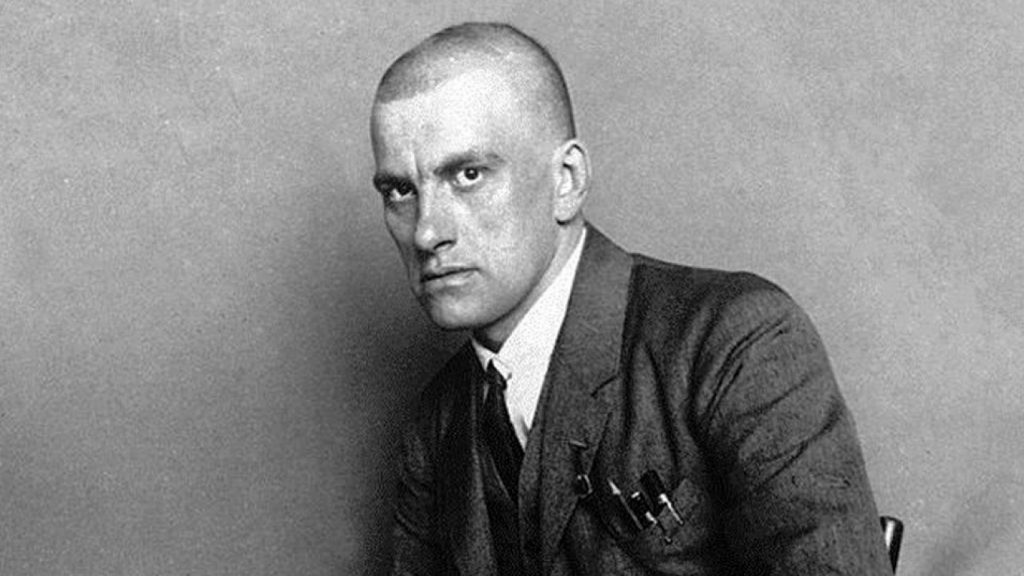
Our March by Vladimir Mayakovsky, 1917.
Vladimir Mayakovsky (1893-1930) was a Bolshevik revolutionary and came to be one of the most celebrated communist poets in the Soviet Union and internationally. He was also a talented playwright, artist and actor who used art as a medium to convey the politics and ideals of the new socialist state.
Poetry Corner: Let America be America again by Langston Hughes
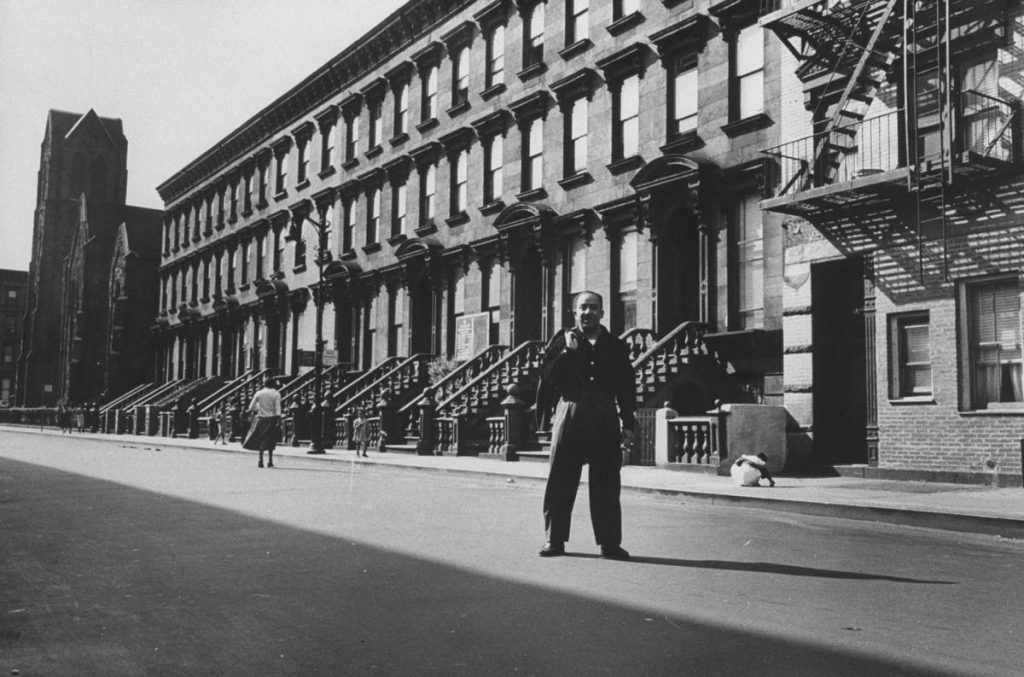
Let America be American again by Langston Hughes, 1936
Poetry Corner: The Kingdom of Heaven by Christopher Caudwell
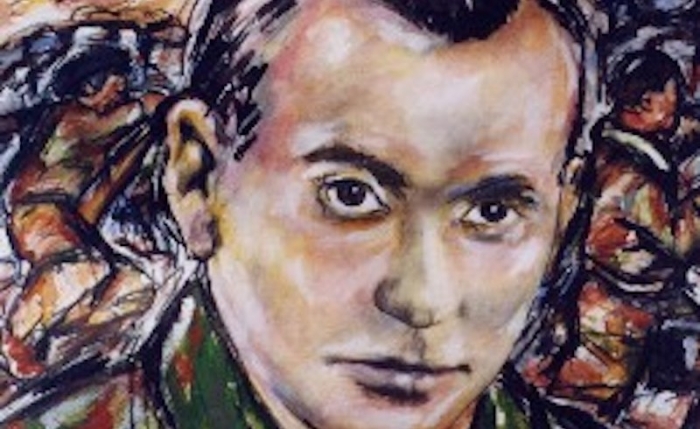
Christopher Caudwell was a Communist Party member, poet and influential Marxist thinker.
Born into a relatively well to do Catholic family, Caudwell worked as a journalist before working on Marxist critiques on a variety of subjects from poetry to his book The Crisis in Physics.
Like many of his contemporaries, such as John Cornford, Caudwell volunteered for the International Brigades in Spain. Caudwell was killed in the fighting on the first day of the Battle of Jarama, 12th February 1937
Much of his work was published posthumously including his best known book Illusion and Reality.
Poetry Corner: Trotsky Visits the Far East by Mao
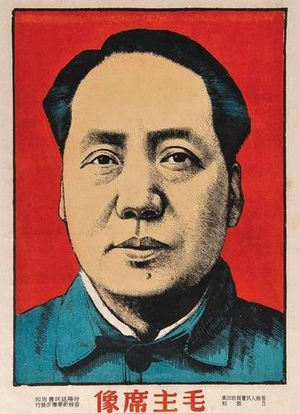
Mao Tse-Tung is a man who needs little introduction, especially to members of the Young Communist League. However, despite being a remarkable leader and philosopher, his poetry is often overlooked. This is partly because many pass it off as ‘poetic politics’, namely just a fruity disguise of his politics. Others simply ignore it because he was ‘authoritarian’, so they would not demean themselves by pandering to it.
Poetry Corner: To Whom It May Concern (Tell me lies about Vietnam)
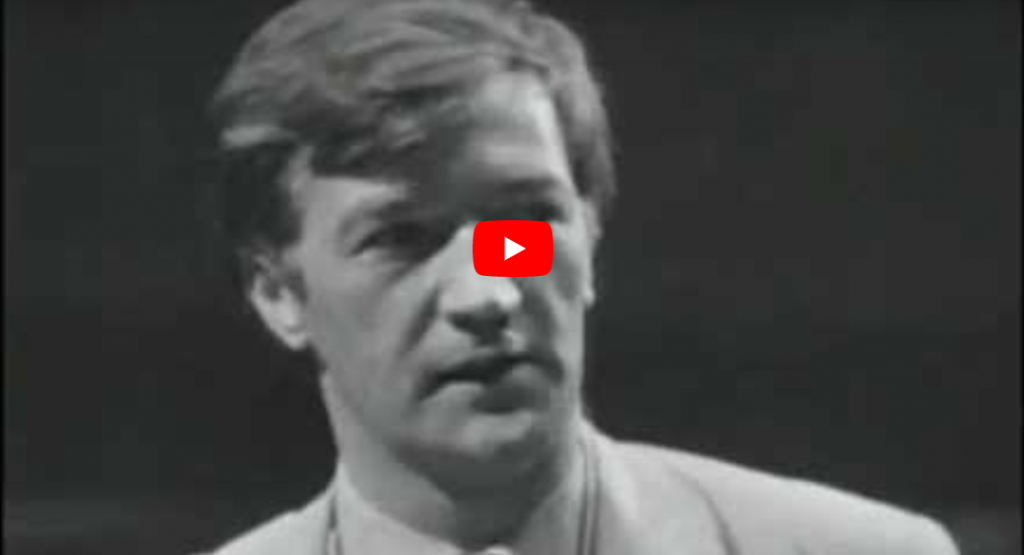
Adrian Mitchell, 1932 – 2008, first performed his stirring denunciation of the Vietnam War, To Whom It May Concern (Tell me lies about Vietnam), at an anti war protest in Trafalgar Square, London, in 1964.
This video features a performance on 11 June 1965 at London’s Royal Albert Hall, at the height of the Vietnam War.
Poetry Corner: Ho Chi Minh’s Prison Poetry
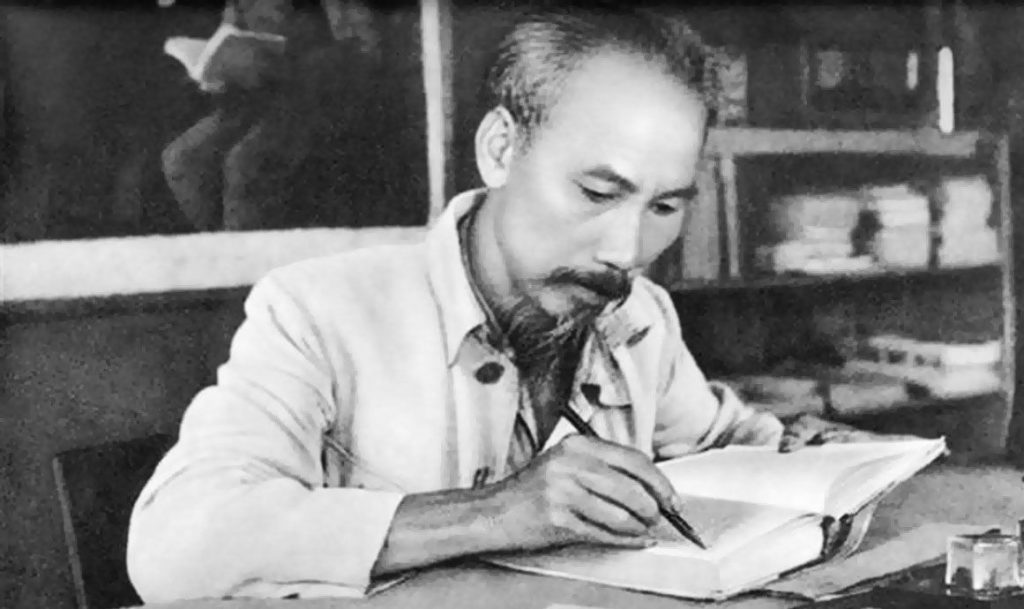
As well as being the anti-colonial and revolutionary leader of Vietnam, Ho Chi Minh was also a keen poet. Here we feature some of the poems wrote by Ho Chi Minh during a long period of imprisonment.
In 1942, at age 52, Ho Chi Minh was arrested in South China, accused of being a spy by Nationalist forces. For fourteen months, bound in leg irons, he was shifted from jail to jail. Throughout he kept a diary written in poetry. The following poems are a selection of poems from Ho Chi Minh’s Prison Diary.
Poetry Corner: Anti-Imperialist Declaration
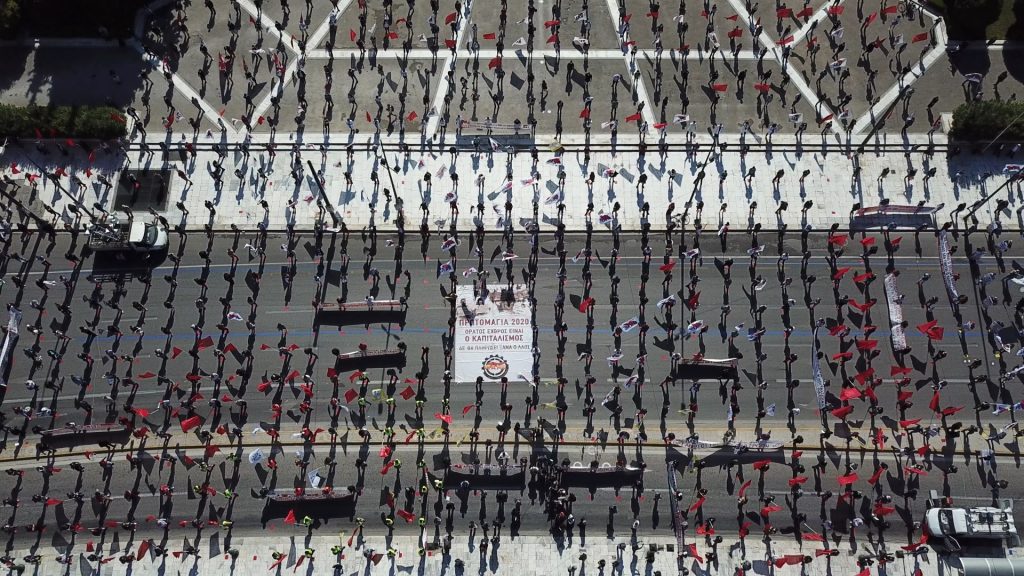
A submission to Poetry Corner: Anti-Imperialist Declaration by Panagiotis Maniatis, April 2019


